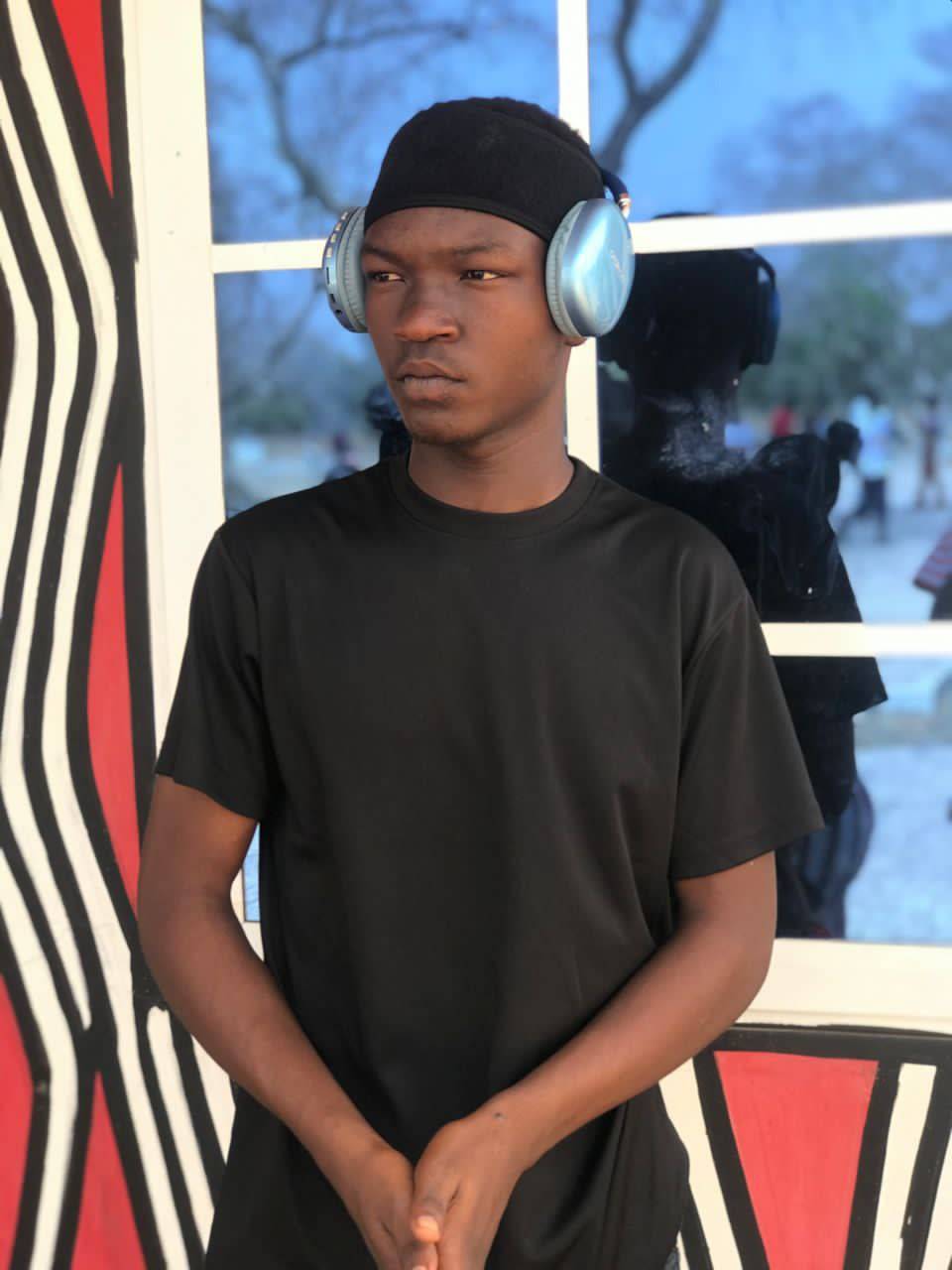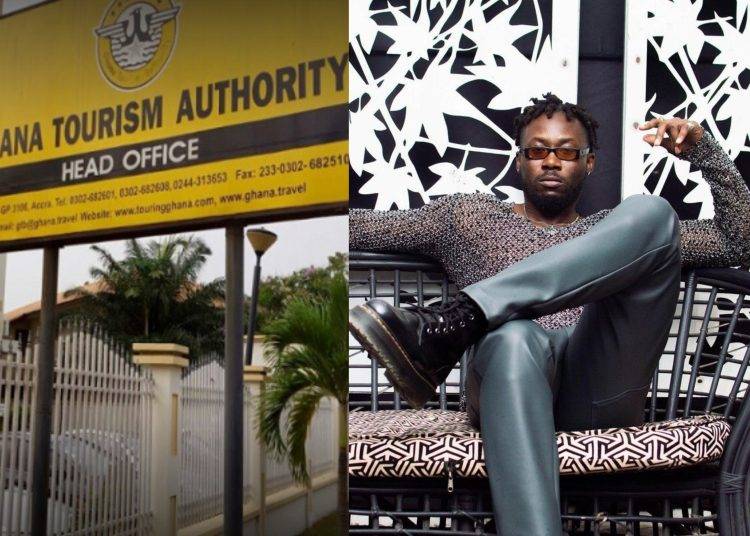Akwasi Agyeman, the Chief Executive Officer of the Ghana Tourism Authority (GTA), recently provided an update on the agency's agreement with Ghanaian musician Kirani Ayat following their copyright dispute in 2022. This disagreement arose when Ayat accused the government of using scenes from his music video "Guda" without permission in a promotional tourism video. The video, which was shared by President Nana Akufo-Addo on social media to celebrate World Tourism Day, included clips from Ayat’s work without his consent. After a period of negotiation, the GTA and Ayat reached a settlement that included financial compensation for the infringement. As part of this agreement, both parties committed to future collaborations aimed at showcasing Ghana’s culture and natural beauty. However, Akwasi Agyeman recently disclosed that when the GTA attempted to involve Ayat in a project for their December tourism events, he was unavailable.
In an interview with Andy Dosty on Hitz FM’s Daybreak Hitz program, Agyeman elaborated on the situation. The GTA had planned a series of activities under the "December in GH" initiative, which highlights various cultural and tourism events across Ghana. The agency was particularly eager to include Kirani Ayat, who hails from Navrongo in Northern Ghana, in order to promote regions beyond the usual destinations like Accra and Cape Coast. Despite reaching out to Ayat and his team, Agyeman explained that they indicated they were not ready to participate in the proposed project. Since then, communication between the two parties has stalled, and no further collaborative efforts have been made. Nevertheless, Agyeman affirmed that the GTA is still willing to work with Ayat whenever he decides to proceed, emphasizing that their door remains open.
The original dispute between Kirani Ayat and the government highlighted the broader issues within Ghana's creative industry, particularly concerning copyright and the recognition of local artists' intellectual property. Prior to the dispute, Ayat had unsuccessfully approached the Ministry of Tourism, Arts, and Culture to have his video officially endorsed as a promotional tool for Northern Ghana, but he did not receive any feedback. Although Ayat chose to remain silent about the specifics of the compensation he received, he did confirm that both he and the GTA had agreed to pursue future tourism projects together. The ongoing uncertainty about their collaboration underscores a persistent challenge in Ghana’s cultural sector, as both the government and local creatives navigate how to effectively promote Ghana’s diverse heritage. The situation reveals a need for better communication and clearer expectations between government agencies and artists, especially as the GTA seeks to broaden its promotional efforts to lesser-known regions of the country.



No comments yet
Be the first to share your thoughts!